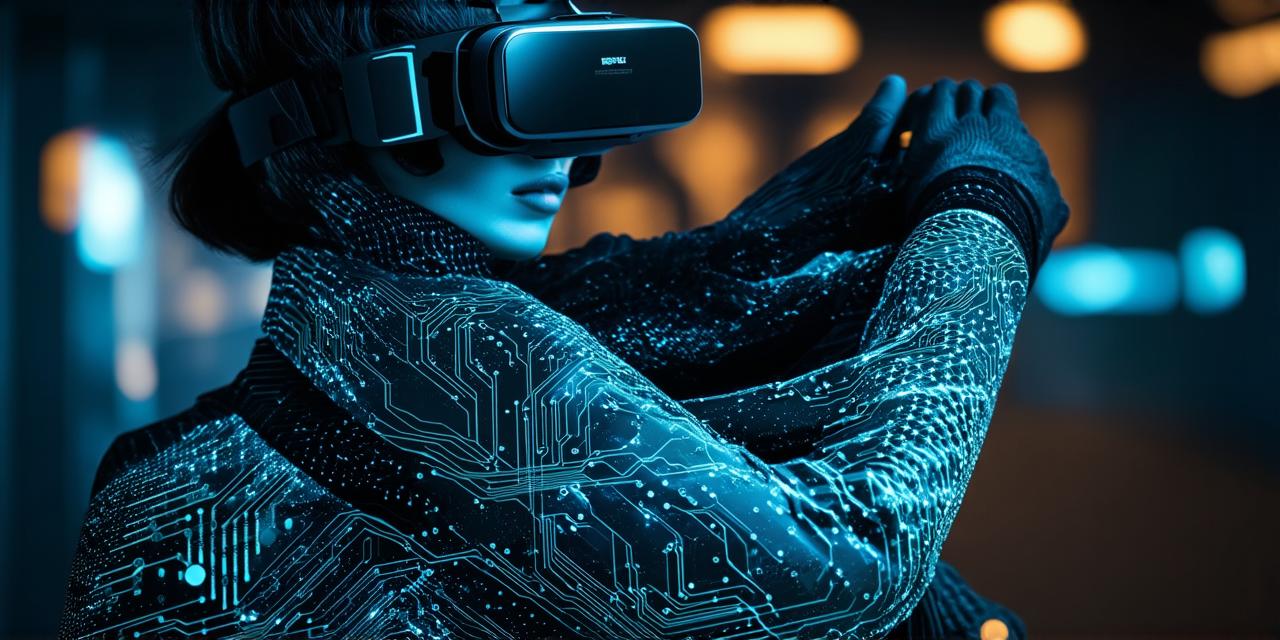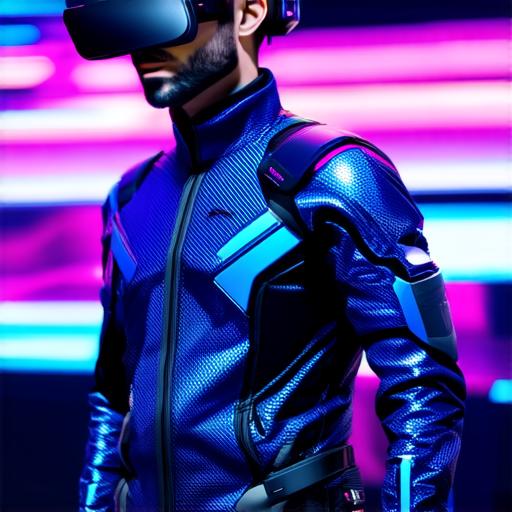
What duties does a virtual reality specialist have?
Virtual reality (VR) is a rapidly growing field that is changing the way we interact with technology and each other. As VR continues to evolve, so do the roles of professionals in this industry. One such role is that of a virtual reality specialist, who is responsible for creating immersive experiences and designing VR environments.
What is a Virtual Reality Specialist?
A virtual reality specialist is a professional with expertise in creating VR content and experiences. They are responsible for designing immersive environments, creating interactive elements, and optimizing VR experiences for different platforms. A VR specialist may work in various industries such as gaming, education, healthcare, or entertainment.
Duties of a Virtual Reality Specialist
-
Designing VR Environments: One of the primary duties of a virtual reality specialist is designing immersive environments that engage users and provide a realistic experience. This includes creating 3D models, texturing, and lighting to make the environment feel authentic and interactive.
-
Creating Interactive Elements: A VR specialist must also create interactive elements such as buttons, levers, and other controls that allow users to interact with the virtual world. These elements must be intuitive and easy to use to ensure a seamless user experience.
-
Optimizing VR Experiences: Virtual reality experiences can be resource-intensive, requiring powerful hardware to run smoothly. A VR specialist must optimize the experience to ensure it runs smoothly on different platforms and devices. This includes reducing load times, improving performance, and minimizing motion sickness.
-
Testing and Iterating: Virtual reality technology is constantly evolving, and a specialist must stay up-to-date with new developments and testing techniques. They must also be able to iterate on their designs based on user feedback to improve the overall experience.
-
Collaboration: A virtual reality specialist must work closely with other professionals such as game designers, programmers, and artists to create a cohesive VR experience. This requires strong communication skills and the ability to work effectively in a team environment.

Real-Life Examples of Virtual Reality Specialists at Work
1. Oculus: Oculus is one of the leading companies in virtual reality technology, with a focus on gaming and entertainment. Their virtual reality specialists are responsible for creating immersive experiences for their VR headsets, including games, movies, and educational content.
2. Google Daydream: Google Daydream is a VR platform that allows users to experience virtual reality on their Android smartphones. The virtual reality specialists at Google work on optimizing the platform for different devices and creating content that takes advantage of the unique capabilities of each device.
3. Medical Realities: Medical realities are virtual environments that simulate medical procedures and surgeries, allowing doctors and students to practice in a safe and controlled environment. Virtual reality specialists in this field work on creating realistic simulations that accurately replicate the surgical procedure, including patient anatomy and equipment.
Expert Opinions
According to Dr. Richard Devine, a professor of Computer Science at the University of Suffolk, virtual reality is a rapidly growing field with significant potential for healthcare and education. He believes that virtual reality specialists play a critical role in creating immersive experiences that have the potential to transform these industries.
Dr.


